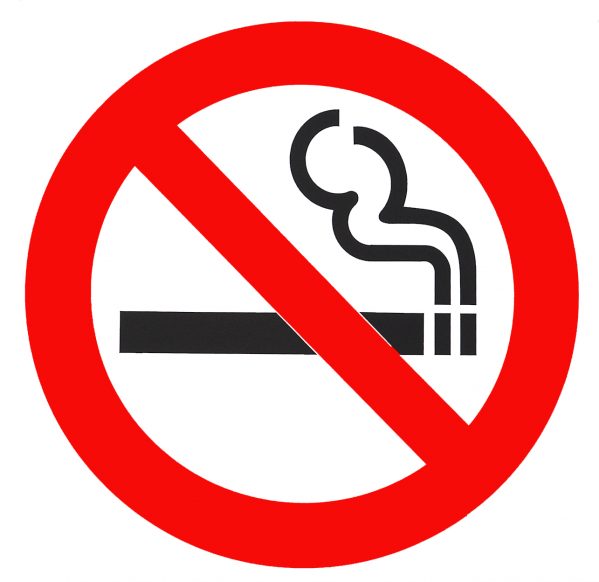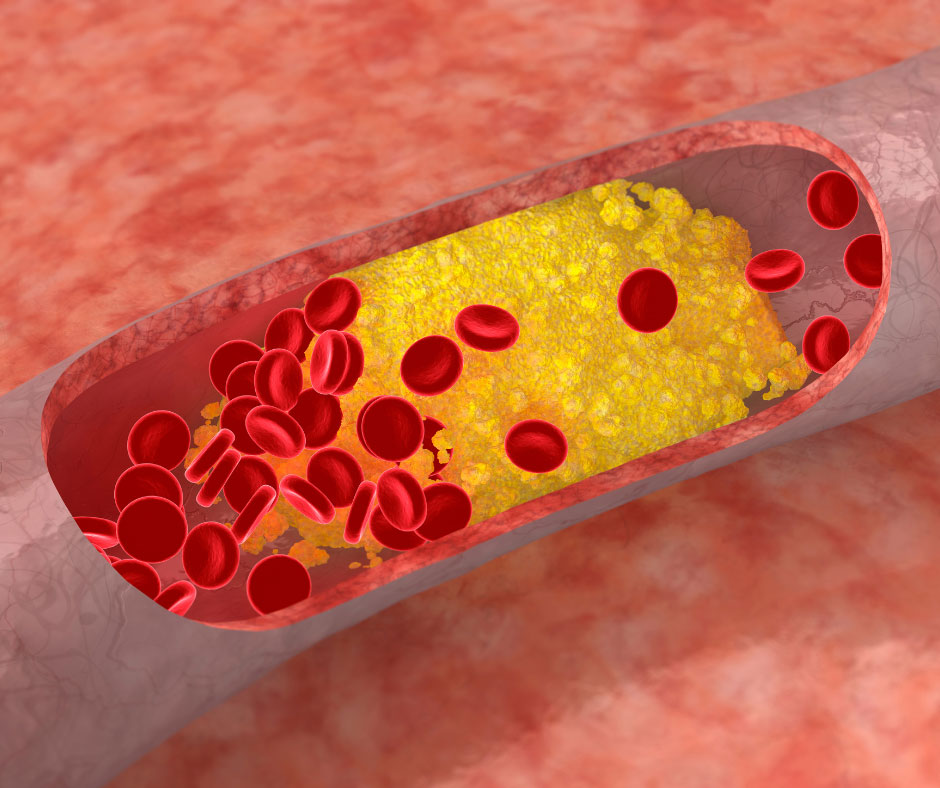The heart is the hardest working muscle in the human body. Every single day, the average heart beats 100,000 times and pumps about 2,000 gallons of blood. In an average lifetime, that’s 2.5 billion beats! You know that keeping your weight down, exercise, and a good diet can keep your heart healthy. But what else can you do to keep your ticker pumping? Here are five simple things to do every day that will keep your hard-working heart strong!
1. Eat healthy fats. We need fats in our diet, including polyunsaturated and unsaturated fats, and a limited amount of saturated fats. One fat we do not need is trans-fat. Trans-fat clogs your arteries by raising the bad cholesterol levels (LDL) and lowering the good cholesterol levels (HDL), which can increase your risk of developing heart disease or having a stroke. By cutting trans-fats from your diet, you improve the blood flow throughout your body. So, what are trans-fats? They are industry-produced fats often used to add flavor and texture to packaged baked goods, snack foods, margarine, and fried fast foods. Read the labels on all foods. Trans-fat appears on the ingredients list as partially hydrogenated oils.
* Stick to a healthy diet of fresh fruits and vegetables, whole grains, and fish, and limit sugars, sodium, processed and red meats, and make it a point to avoid eating foods with trans-fat.

* Floss and brush your teeth daily to prevent a build-up of bacteria-laden plaque, which can lead to gum disease. It’s more than cavities you may have to deal with if you are fighting gum disease.

* Try to get 7 to 8 hours of sleep. If you or your partner snores and wakes up feeling tired, talk with your doctor. You may have sleep apnea, and you should be treated, as this condition is linked to heart disease and arrhythmias.
4. Keep moving – don’t sit for too long at one time. In recent years, research has suggested that staying seated for long periods of time is bad for your health no matter how much exercise you get. This is bad news for the many people who sit at sedentary jobs all day. When looking at the combined results of several observational studies that included nearly 800,000 people, researchers found that in those who sat the most, there was an associated 147 percent increase in cardiovascular events and a 90 percent increase in deaths from those cardiovascular events. In addition, sitting for long periods of time, especially when traveling, can increase your risk of a blood clot (deep vein thrombosis).
* It’s important to move throughout the day. Park farther away from the office, take a few shorter walks throughout the day, stand while talking on the phone. Break the TV habit in favor of exercise, or, if you have room, exercise in front of the TV. And remember to exercise regularly, 30 minutes a day, seven days a week.
5. Don’t smoke and avoid secondhand smoke. Smoke from cigarettes, cigars, and pipes is as bad for the heart and arteries as it is for the lungs. Smoking greatly increases your risk for heart disease and many other life–threatening disorders and diseases. If you smoke, stop. Studies have shown that the risk of developing heart disease is about 25 to 30 percent higher for people who are exposed to secondhand smoke at home or work. According to the American Heart Association, exposure to tobacco smoke contributes to about 34,000 premature heart disease deaths and 7,300 lung cancer deaths each year. This is because the chemicals emitted from cigarette smoke promote the development of plaque buildup in the arteries.
* Secondhand smoke is toxic. Be firm with smokers and let them know that you do not want to breathe their smoke, and keep children away from secondhand smoke.
You can dramatically reduce your chances of heart disease or a heart attack by following healthy lifestyle habits. Pay attention to good habits early in life and incorporate these habits into your lifestyle and your heart health will be the best it can be for you.
Sources:
The Cleveland Clinic:
https://health.clevelandclinic.org/2016/01/5-things-to-do-daily-to-keep-your-heart-healthy/
Harvard Health Publications:
http://www.health.harvard.edu/healthbeat/these-five-habits-can-save-your-heart-heres-how







